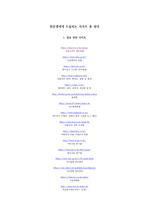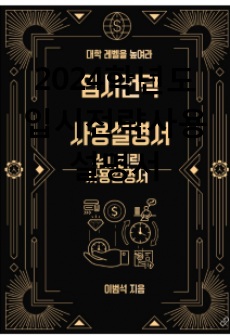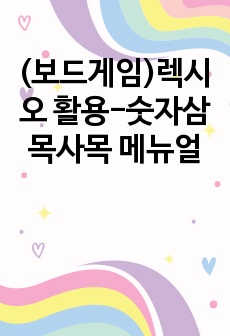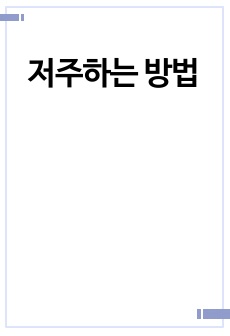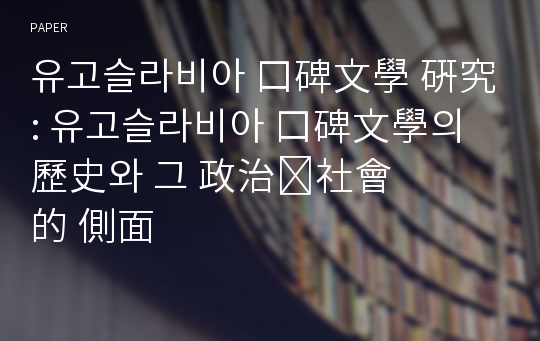유고슬라비아 口碑文學 硏究 : 유고슬라비아 口碑文學의 歷史와 그 政治․社會的 側面
* 본 문서는 배포용으로 복사 및 편집이 불가합니다.
서지정보
ㆍ발행기관 : 한국구비문학회
ㆍ수록지정보 : 구비문학연구
ㆍ저자명 : 김상헌
ㆍ저자명 : 김상헌
목차
1. 서론2. 유고슬라비아 구비문학의 갈래
3. 유고슬라비아 구비문학 발전을 위한 역사적․사회적 배경
4. 구비문학에서 기록문학으로의 이행
5. 유고슬라비아 구비문학 연구사
6. 결론
한국어 초록
이 논문은 유고슬라비아 구비문학(이하 유고 구비문학)에 대한 전반적인 개관을 목적으로 한다. 이미 A. B. Lord의 저서 The Singer of tales를 통해서 유고슬라비아의 구비서사시가 국내에 알려졌음에도 불구하고, 국내의 경우 유고 구비문학에 대한 연구의 역사가 오래지 않고, 깊이 있는 논의를 전개하기에 부족한 면이 적지 않음에 주목했다.우선 형식과 내용에 따른 유고 구비문학 갈래분류 체계를 살핀다. 구비문학의 하위갈래들이 무엇을 목적으로 구연되며, 어떠한 배경 속에서 구연되고 있는가를 살폈다. 또한 구비문학에서 기록문학에로 이행되는 시기의 여러 가지 특징들(궁정歌客에 의한 이행형태, 도시민의 서정시에 의한 이행형태, 구비시가에 기반을 둔 개인시)과 최초의 구비문학작품 채록과 함께 시작되는 유고슬라비아의 구비문학 연구사가 어떤 방식으로 전개되는가를 알아보았다.
영어 초록
The Yugoslav oral tradition was the product of a combination of some factors. The masses naturally brought traditions with them from their ancient Slavic homeland to the lands where they settled on the boundary of the civilizations of East and West. This was combined with the tradition they had encountered in the new land, which was the direct contact with the classical heritage. Later on, it developed further as it defended itself from oriental influences, while accepting elements of those influences at the same time.From the 15th century, there are mentions and recordings in a book of orally transmitted process and poetry. They functioned within the bounds of the poetics of written literature, at times surfacing as independent entities and giving testimony to the high level of development in the system of orally transmitted literature.
This paper aims to give a conspectus of Yugoslav oral literature. As an introduction, notions of two terms for Yugoslav oral literature, ‘narodna književnost’ and ‘usmena književnost’ were presented. And the 2nd chapter deals with the classified systems of oral literature by genres in Yugoslavia. In the 3rd and 4th chapters are treated with the historical and social backgrounds for the development of oral literature and the transition from the oral literary works to the documentary literature. The 5th chapter is the outline of researches for Yugoslav oral literature which were carried out in the inside and outside of a country.
From the manuscript collections of the second half of the 17th century and the beginning of the 18th century, Serbian historian Baltazar Bogišić published a volume entitled Songs from the older, mostly coastal manuscripts. The first large collection of folk songs in decasyllabic verse was copied down at the beginning of the 18th century by an unknown Austrian officer somewhere along the Military Border which was under Austrian control at that time. It was published in 1925 under the title The Erlangen Manuscript by the German Slavist, Gerhard Gesemann. At the beginning and in the middle of the 19th century, the first systematic collections of Serbian folk songs, folktales, riddles and proverbs were published. They had been collected by Vuk Stefanović Karadžić from the lips of the masses. - A Small Simple-Folk Slavonic-Serbian Song(1814), Serbian Folk Song(Vols. I-IV, Leipzig edition, 1823-1833; Vols. I-IV, Vienna edition, 1841-1862), Serbian Folk Tales (First edition, 1821 and second 1853), Serbian Folk Proverbs and Other Common Expressions(1834).
Yugoslav folk poetry created a great sensation, as it appeared in Europe when romanticism was in full bloom. Their folk poetry, which appeared in Karadžić's anthological collections, met the expectations of the educated European audience, offering a living confirmation of Herder's and Grimm's ideas about the oral tradition. And Jacob Grimm began to learn Serbian so that he could read the poems in the original. Thanks to Jacob Grimm, moreover to the initiatives of the well-educated Slovene Jernej Kopitar who was been Karadžić's counselor and protector for Yugoslav oral traditions and Serbian standard language, Yugoslav folk literature found its place in the literature of the world and acquired his own reputation. Yugoslav folk songs (and folk-tales) were translated into German practically as quickly as they were published in Yugoslavia and Germany, sometimes beforehand, coming directly from Karadžić's manuscripts or dictations. Kopitar translated the entire first volume of the Yugoslav Folk Song for Grimm, followed by a series of other poems in his review of the Leipzig edition. Grimm himself began to translate them as well.
On the basis of his translations, others were done in many foreign languages. There were translations into English by John Bowring, into French by Elisa Voilar, into Swedish by Johan Runeberg and into Russian by Pushkin. And the poems were translated into all Slavic languages.
참고 자료
없음"구비문학연구"의 다른 논문
 韓國,東유럽,碑詩歌 比較硏究의 한 측면 : 인신공희 주지를 중심으로41페이지
韓國,東유럽,碑詩歌 比較硏究의 한 측면 : 인신공희 주지를 중심으로41페이지 루마니아 口碑文學 硏究 : 용어, 채록, 분류체계를 중심으로35페이지
루마니아 口碑文學 硏究 : 용어, 채록, 분류체계를 중심으로35페이지 헝가리 구비문학 연구32페이지
헝가리 구비문학 연구32페이지 미국의 구술예술 연구 : 연행중심적 접근과 구술시학의 민족지34페이지
미국의 구술예술 연구 : 연행중심적 접근과 구술시학의 민족지34페이지 인도 서사시의 전승과 연구동향 : 고전 서사시와 민간 구전 서사시 사이의 긴장32페이지
인도 서사시의 전승과 연구동향 : 고전 서사시와 민간 구전 서사시 사이의 긴장32페이지 일본 구승문예 연구의 동향과 과제 : ‘세켄바나시’론을 중심으로30페이지
일본 구승문예 연구의 동향과 과제 : ‘세켄바나시’론을 중심으로30페이지 중국 민간문학 연구의 현단계21페이지
중국 민간문학 연구의 현단계21페이지 현대 사회와 판소리 연구25페이지
현대 사회와 판소리 연구25페이지 굿판의 변화와 무가 연구의 방향 설정26페이지
굿판의 변화와 무가 연구의 방향 설정26페이지 현단계 민요 연구의 좌표24페이지
현단계 민요 연구의 좌표24페이지










